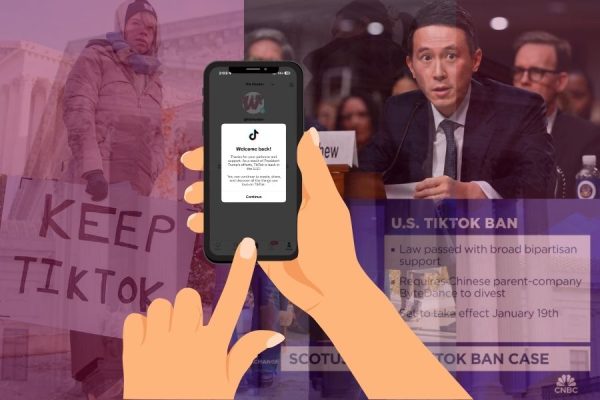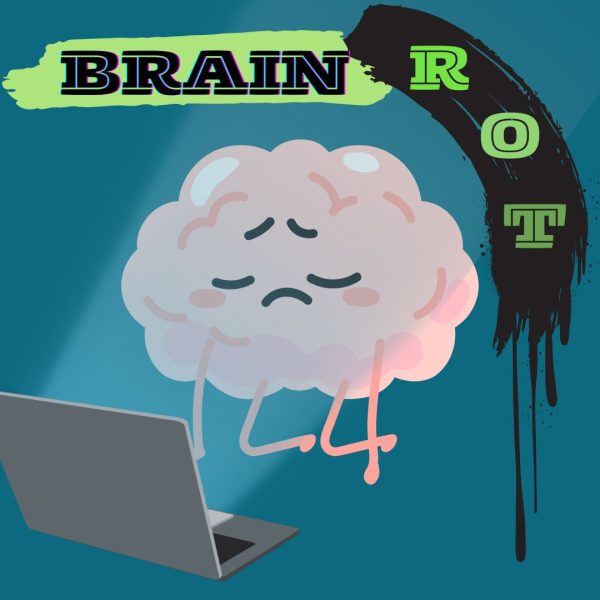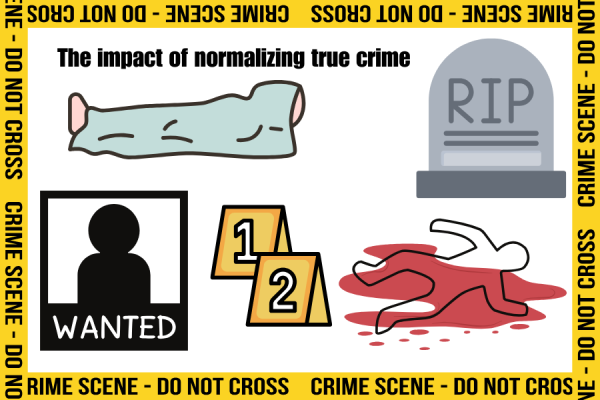The horrifying phenomenon of sexual assault on college campuses: why you should care
Sexual Assault on college campuses is an epidemic that desperately needs to be cured.
Sexual assault. The term often is associated with rape, violence, and extreme emotional trauma. Sexual assault is one of the most heinous crimes that can be committed, and even though it is impossible for most people to envision either being the victim or perpetrator of a sexual assault, it is alarmingly common, especially amongst college campuses.
The topic of sexual assault on college campuses has been a hot button topic recently, due to the Stanford rape case, in which an unconscious woman was raped by student Brock Turner behind a dumpster in January of 2015. Despite the outpouring of outrage against Turner, as well as the support shown across the world for the anonymous victim, Turner was only sentenced to six months in prison, since more time would “be detrimental to him.” Turner only served half of that six month sentence, and got out for “good behavior.” The situation is unfortunately not uncommon, and the horrifying phenomenon of sexual assault on college campuses was highlighted by the success of the CNN produced documentary, “The Hunting Ground.” The documentary explored the taboo topic, as well as exposed the injustices of universities that neglected and disrespected students who were victims of sexual assault by not reporting the crime, or not taking disciplinary actions against the student perpetrator.
One of the schools that was a main focus of the movie was the University of North Carolina at Chapel Hill. According to The News and Observer as well as “The Hunting Ground,” one hundred and thirty-six people were sexually assaulted at UNC from 2001-2013, and those staggering numbers resulted in the expulsion of NO students. Not a single student was expelled from UNC for forcing someone else to commit a sexual act with them against their will. That number is astonishing and frankly, heartbreaking. There is no excuse for the obvious ignorance of these cases, as well as the reported “victim blaming,” or suggesting that the victim of a sexual assault is at fault for the incident.
UNC has made news once again with the Delaney Robinson rape case, in which UNC sophomore Robinson, came public with her assault by UNC football player, Allen Artis. Robinson’s case is frustrating to so many, since she has discussed candidly her experience with UNC officials, many of whom swept her case under the rug, and asked her accusatory and offensive questions, which seemingly suggested that she was at fault for her own rape. According to WRAL, in 2014, UNC implemented a newly revised policy on harassment and discrimination, which included sections that covered sexual assault. This followed the report showing that five women had filed complaints against the university for showing hostility and creating a hostile learning and living environment for victims of sexual assault.
It is unbelievable that in today’s society, where acceptance, approval and understanding are rapidly becoming more and more common, that sexual assault cases on college campuses are being largely ignored, and bring no justice to their victims or perpetrators. Parents send their children to college thinking that it is one of the safest places they can be. It is incredibly sad to think that in many cases, college becomes a nightmare, and a personal hell for those who had once thought of it to be a safe haven, and an extremely welcoming and positive place to be.
Not only do the victims of sexual assault on college campuses deserve justice from law enforcement, but they also deserve justice from their school. It is appalling that in many cases, colleges ignore the reports of their students, who have faced an unimaginable trauma, and instead care more about their sports teams remaining whole; telling their student athletes to “not sweat it”, as seen in the UNC case. This is not okay. Sexual assault victims deserve for their voices to be heard, and to receive the same respect and dignity that is so obviously shown to their rapists.
To see what you can do to help survivors of sexual assault, pass sexual assault legislation, and keep schools accountable, go to SeeActStop.org
If you are a victim of sexual assault and need help, please call the 24 hour a day National Sexual Assault Hotline at 1-800-656-4673








